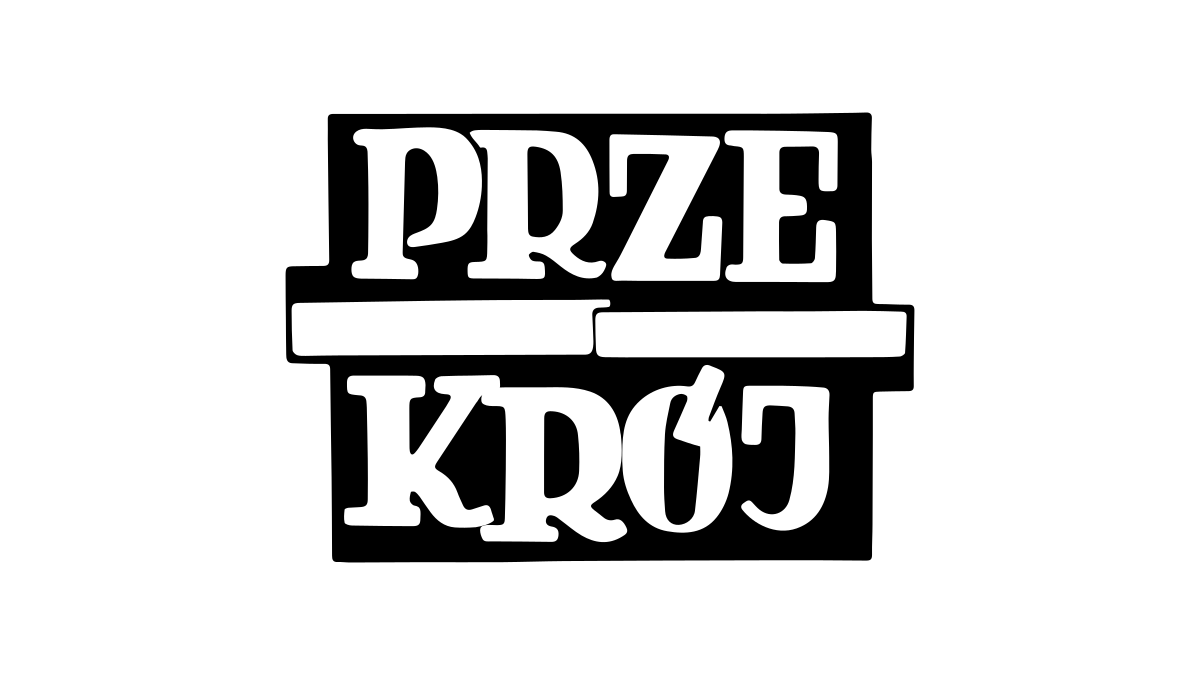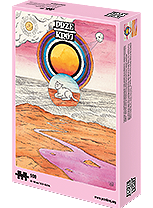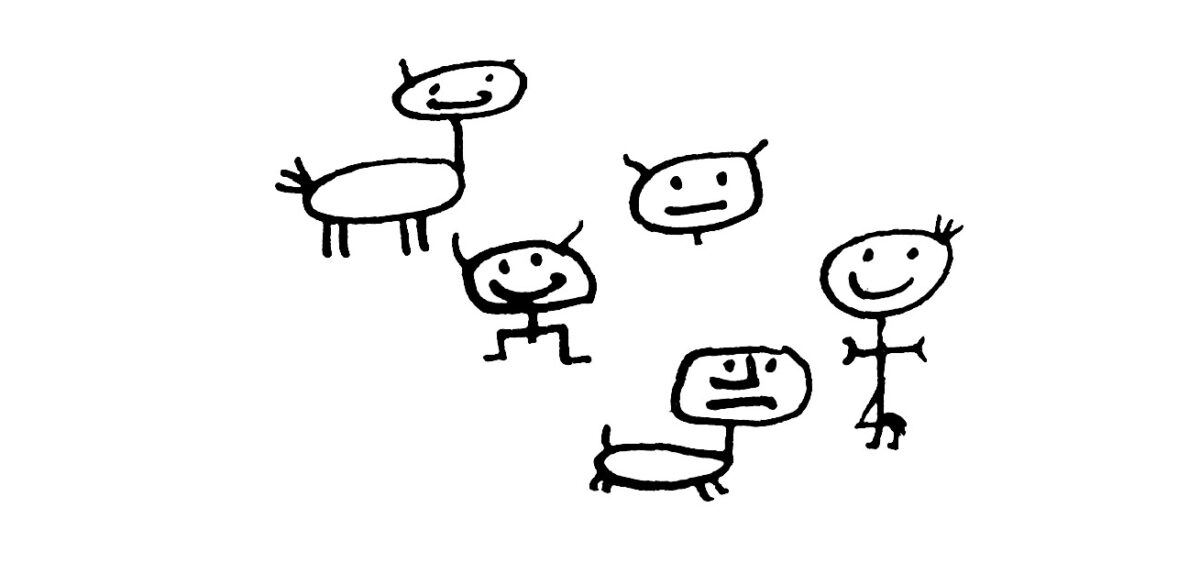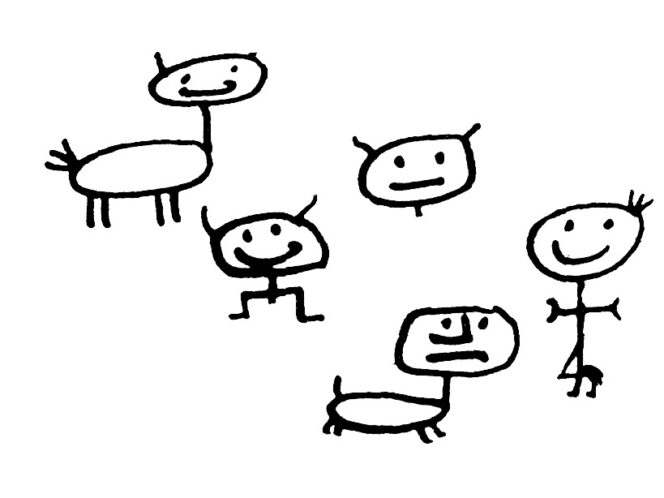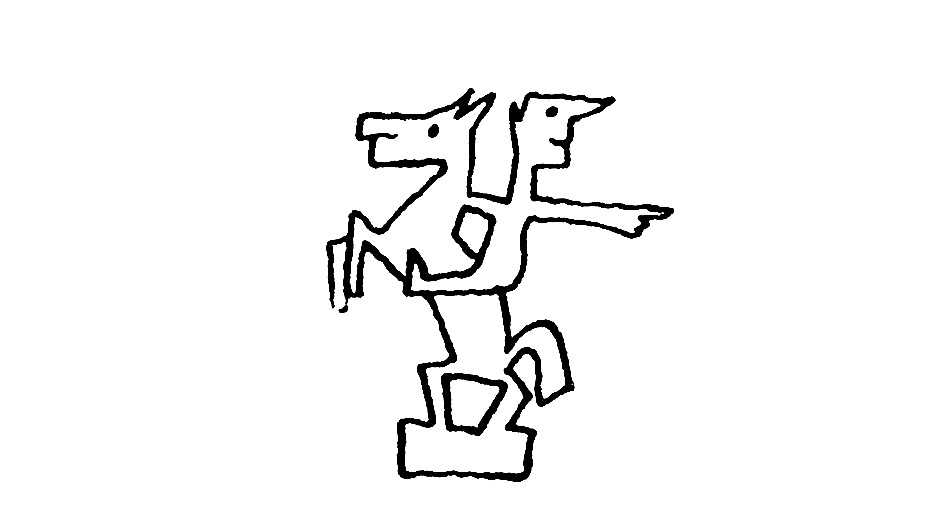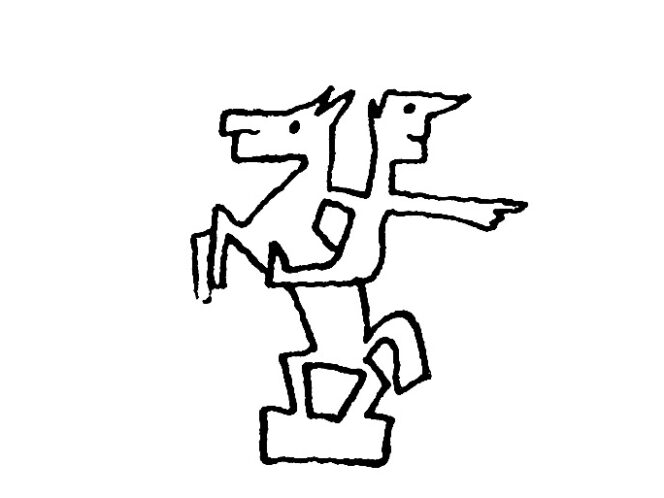
During a panel discussion on a famous French intellectual’s theory of play, a Warsaw neighbourhood group dedicated to child intelligence demonstrates that a lack of formal education doesn’t necessarily mean a lack of knowledge.
From the anthropological point of view, there is no community whose members are unfamiliar with the idea of leisure activity. The French intellectual, literary critic, philosopher and sociologist Roger Caillois made play the subject of deep research and analysis, which bore fruit in his identification of the fundamental rules that govern it.
The great thinker’s fascination with the question of games and play may have resulted from a lack of them in his early life. Caillois entered school practically the day he started to walk, and
